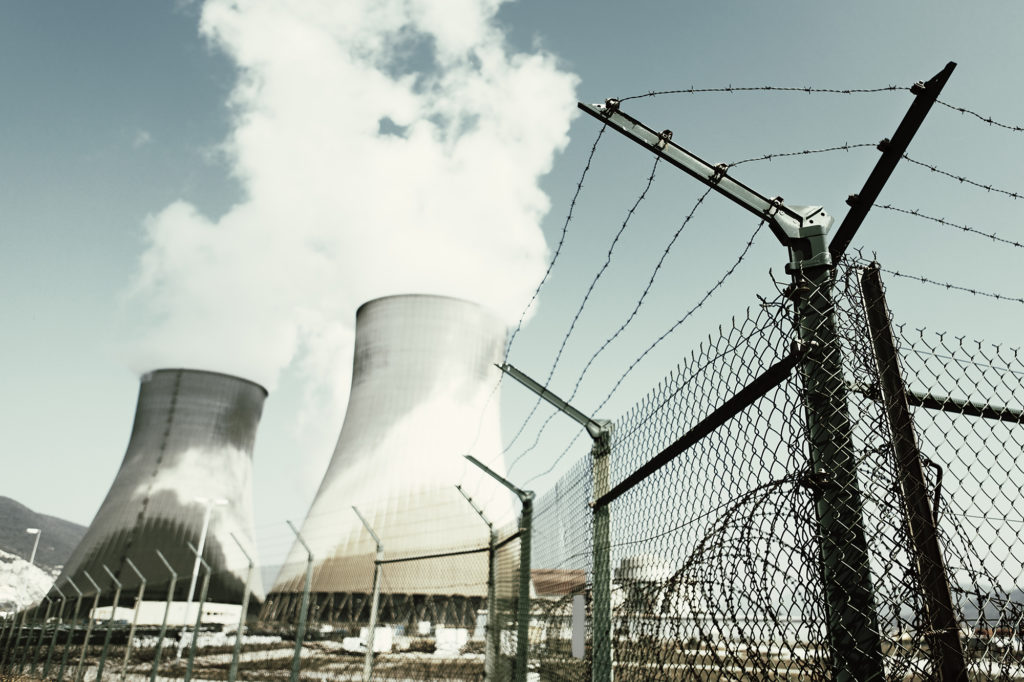Included in the Sustainable Development Goals (SDGs) are (7) Affordable and Clean Energy, (9) Industry, Innovation and Infrastructure and (13) Climate Action. All these commitments integrate the usage of alternative energy sources.
In the present day, the options are vast – we have nuclear, solar, wind, geothermal and more. One aspect benefiting from these is transportation.

Currently, we have cars, buses and trucks that help reduce consumers’ fuel costs and lower tailpipe emissions of air pollutants like carbon monoxide, nitrogen oxide, sodium oxide and fine particles. Some use alternative fuel types and some operate on an electric motor.
Clean Fuel Sources
Aside from the most common fuel types, gasoline and diesel, vehicles can also run on biodiesel and ethanol.
Biodiesel is a renewable, biodegradable fuel created from vegetable oils or animal fats. Soybean and canola oil make up the majority and can be blended at any level with petroleum diesel.
Ethanol, on the other hand, is used more as an additive to common gasoline. It’s commonly distilled from corn and sugarcane.

Also racing into fame are hybrid and all-battery cars – although the concept has been around for a long time. According to the International Energy Agency (IEA), the sales of electric vehicles (EVs) doubled in 2021. From 120,000 EVs sold worldwide in 2012, it increased to 2 million sold in the first quarter of 2022. By 2040, it’s expected that at least two-thirds of global car sales will be electric.
The Future is Electric
Brands that have a range of all-electric vehicles on offer include:
- Tesla has the world’s highest-selling EV, the Model 3.

- China’s BYD is also one of the world’s top electric vehicle brands and is racing into the Australian marketplace.
- The Volkswagen Group aims to have 50% of its cars be EVs by 2030.
In Australia, EVs are gaining momentum, with British marque Jaguar predicting that by 2028, Australians will be driving EVs. However, the cost remains a key factor and many consumers are looking out for more affordable models.
One of the brands taking on the global EV market by making electric motorcycles affordable is Braaap Motorcycles Australia. It’s the country’s only home-grown motorcycle brand that utilises Australian engineering standards to move the local motorcycle industry into the future. If you want to support Australian clean vehicle tech, check out their new range of electric bikes here.

Nuclear For Electric Vehicles
An electric vehicle is only as clean as the electricity that powers it, they say. True enough, EVs are beneficial in reducing air pollution levels but the increased sales will also push up global electricity demand. Using fossil fuels as an energy source would defeat the purpose. These carbon-neutral vehicles need nuclear power to be carbon zero for each charge.

Nuclear energy provides innovative, reliable, cost-efficient, and environment-friendly solutions. This goes hand in hand with electric vehicles or EVs. Nuclear power production does not depend on weather conditions, making it capable of delivering baseload electricity on a large scale 24 hours a day.
Real-Time Radiation Monitoring Devices
The clean transport future needs the development of EVs as well as cost-efficient and clean energy sources like nuclear. The SensaWeb technology supports improving current systems to create a positive public perception of the nuclear industry.
At the heart of our detection system is an A.I. that tracks distributed sensor data in real-time and simplifies the information for strategic utilisation. The interface outputs simplified strategic data, in-depth technical data and autonomous platform GIS location.
With clear and transparent data, people will see how safe nuclear is and beneficial to our leap into clean transport future. Looking for area radiation monitors or personal radiation monitoring devices? You can count on SensaWeb. With our monitors, you can easily detect and interdict radioactive materials. Connect with us here or our email address: info@sensaweb.com.au. You can also call us at +61 415 409 467.